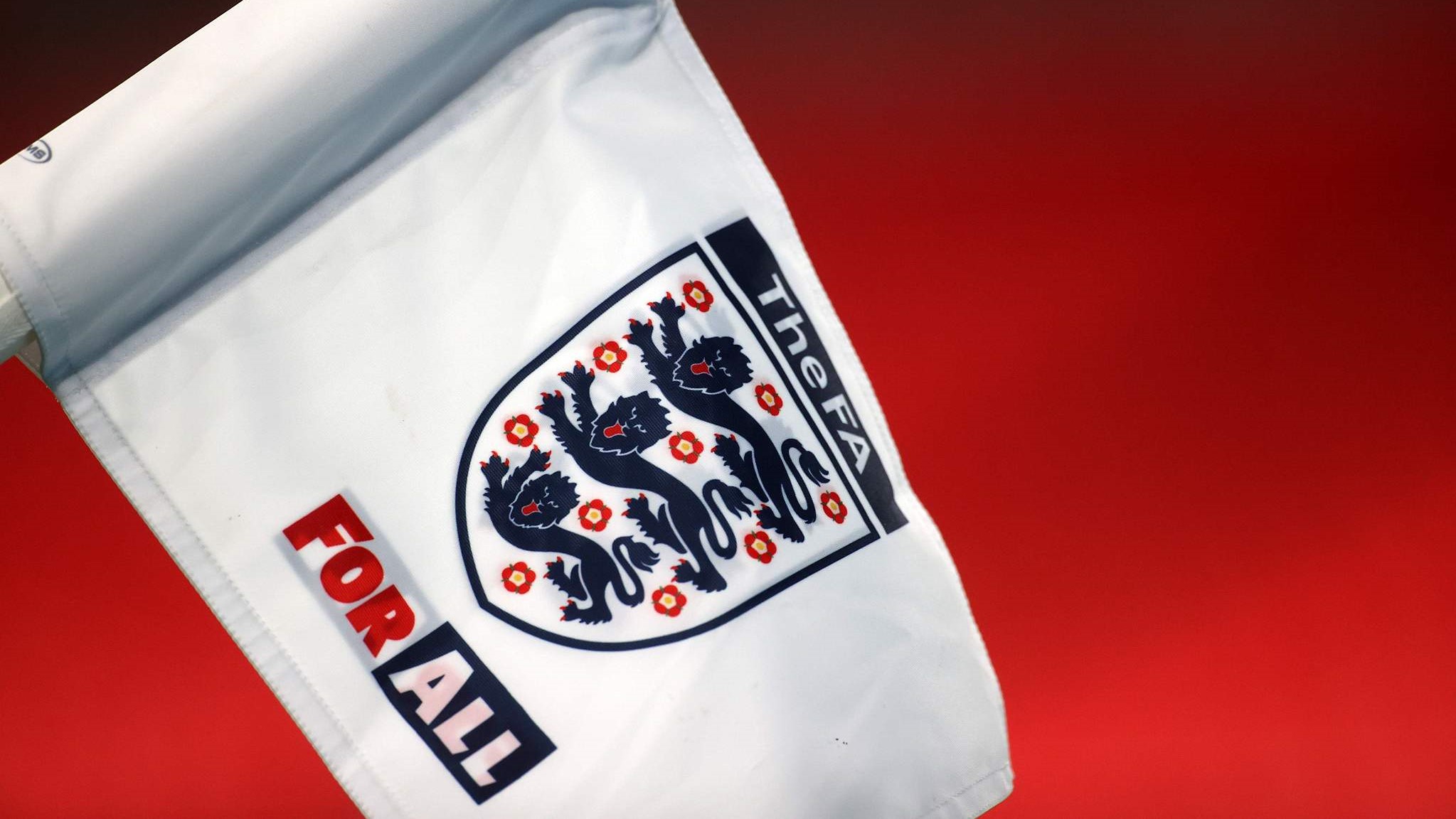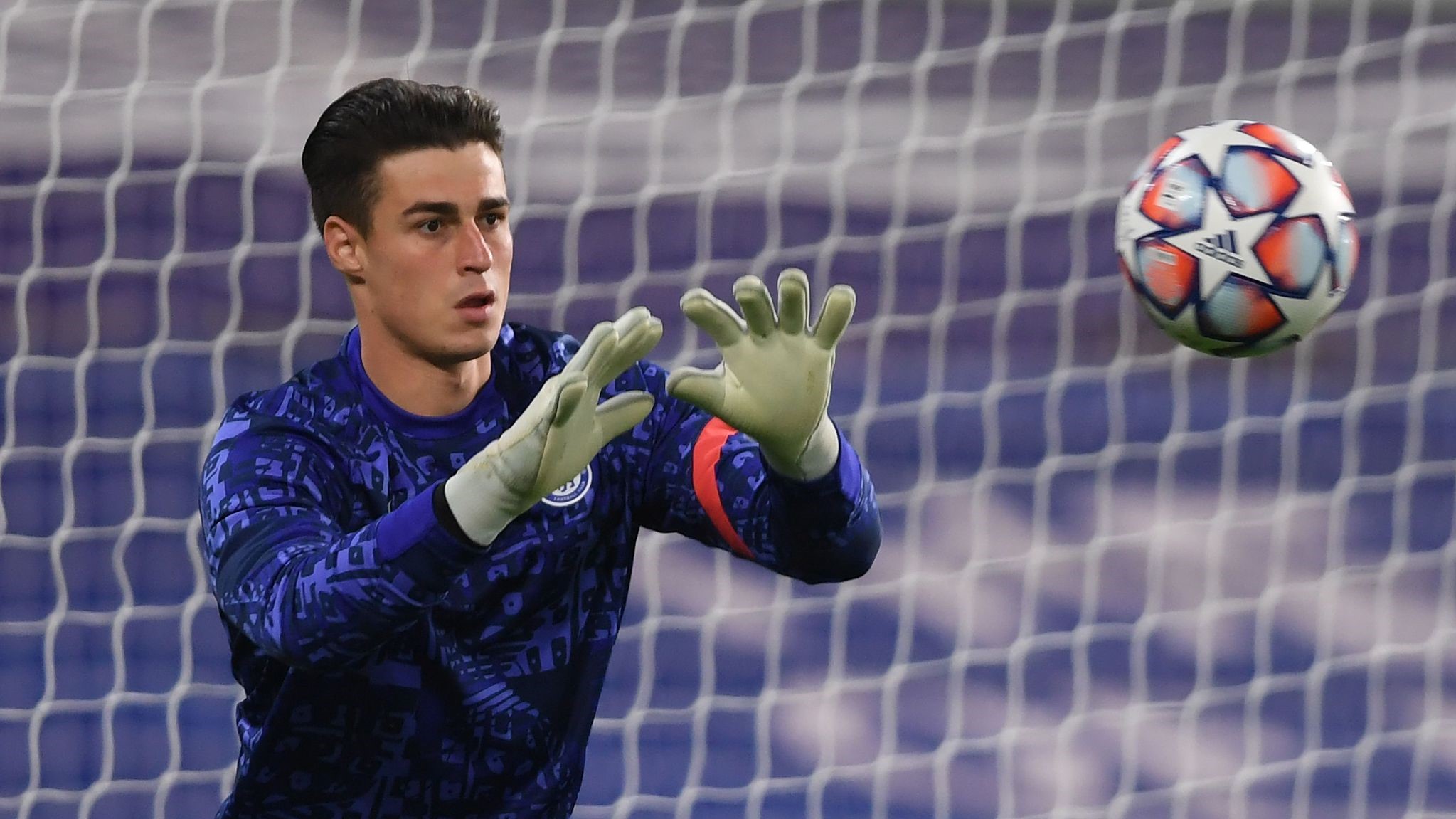
Badge of the Football Association (FA). /CFP
Badge of the Football Association (FA). /CFP
The British Home Office has approved the latest proposal of football's Governing Body Endorsement (GBE), the entry requirements for overseas players, which was agreed on by the Football Association (FA), the Premier League and EFL, announced the FA on Tuesday.
Britain will leave the European Union after December 31 this year, which is why certain changes are needed in the GBE-granting system. From January 1, 2021, three days before the winter transfer window opens, English teams will not be able to sign players from EU countries as easily as they did before.
Overseas players will have to meet the following standards before they can join an English club.

Nicolas Pepe of Arsenal dribbles the ball in the Premier League game against Aston Villa at Emirates Stadium in London, England, November 8, 2020. /CFP
Nicolas Pepe of Arsenal dribbles the ball in the Premier League game against Aston Villa at Emirates Stadium in London, England, November 8, 2020. /CFP
Players from the world's top 10 football associations (based on FIFA rankings), must have appeared in over 30 percent of their national teams' games to secure GBE. The requirement rises to more than 40 percent for those ranked 11 to 20, over 60 percent for teams ranking 21 to 30 and over 70 percent from the 31st place to the 50th.
Players from football associations that don't make the world's top 50 will need to appear in at least 80 percent of the national team games. Those who do, don’t automatically get a GBE. Instead, they get point(s) – one point for 80-81 percent, two points for over 90 percent – which will be helpful to acquiring GBE.
Clubs that send sell players to England are also classified based on the league they are in, league position and progression in continental competition. For example, La Liga, Bundesliga, Serie A, and Ligue 1 are all in Bond 1. Their players will receive different points if the selling club achieves any of the following:

Goalkeeper Kepa Arrizabalaga of Chelsea warms up before the UEFA Champions League Group E game against Sevilla at Stamford Bridge in London, England, October 20, 2020. /CFP
Goalkeeper Kepa Arrizabalaga of Chelsea warms up before the UEFA Champions League Group E game against Sevilla at Stamford Bridge in London, England, October 20, 2020. /CFP
League title – six points; UEFA Champions League group stage – five points; Champions League qualification stage – four points; UEFA Europa League group stage – three points; Europa League qualification stage – two points.
Players will get more points if selling clubs do better in the European competitions:
Champions League Final – 10 points; Champions League semifinal – nine points; Champions League quarterfinal – eight points; Champions League Round of 16 – seven points; Europa League Final – seven points; and so forth.

Paul Pogba of Manchester United looks on in the Premier League game against Arsenal at Old Trafford in Manchester, England, November 1, 2020. /CFP
Paul Pogba of Manchester United looks on in the Premier League game against Arsenal at Old Trafford in Manchester, England, November 1, 2020. /CFP
Players' game appearance matters as well. For example, one will receive 12 points if he plays 90-100 percent of his club's games in La Liga. He will also get 10 points if he appears in 90-100 percent of his club's games in the Champions League.
Youth signing will be the most hurt area by Brexit. English clubs can sign at most three under-21 overseas players in the coming winter transfer window. From next season, no more than six U21 players can be signed by one club for each season. Signing of U18 overseas players is totally banned, meaning no deals like Manchester United landing Paul Pogba or Arsenal introducing Cesc Fàbregas.

